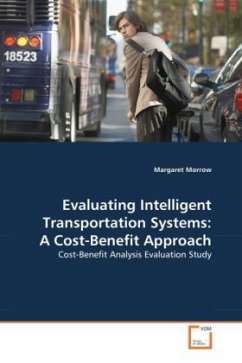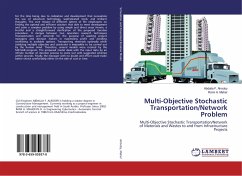A cost-benefit study of the City of Portland's traffic signal preemption system (TSP) was completed over a three year period. During that time, 8 bus routes were equipped with TSP on a staggered schedule. For a one year period prior to TSP, a one year period during installation, and a one year period after TSP econometric data was collected.A series of pooled cross-section time-series models were designed and employed to capture benefits in categories of significance. Cost information was obtained from agency budget data.The study found that TSP would result in a significant net social benefit of roughly six million dollars over the ten year life-span of the system. Other study benefits included: the net benefit value can be compared to other transit projects; and evidence that better decision-making information is available for policy makers on all levels of Government. Consequently, decisions regarding ITS deployment will be enhanced in the future.
Bitte wählen Sie Ihr Anliegen aus.
Rechnungen
Retourenschein anfordern
Bestellstatus
Storno








